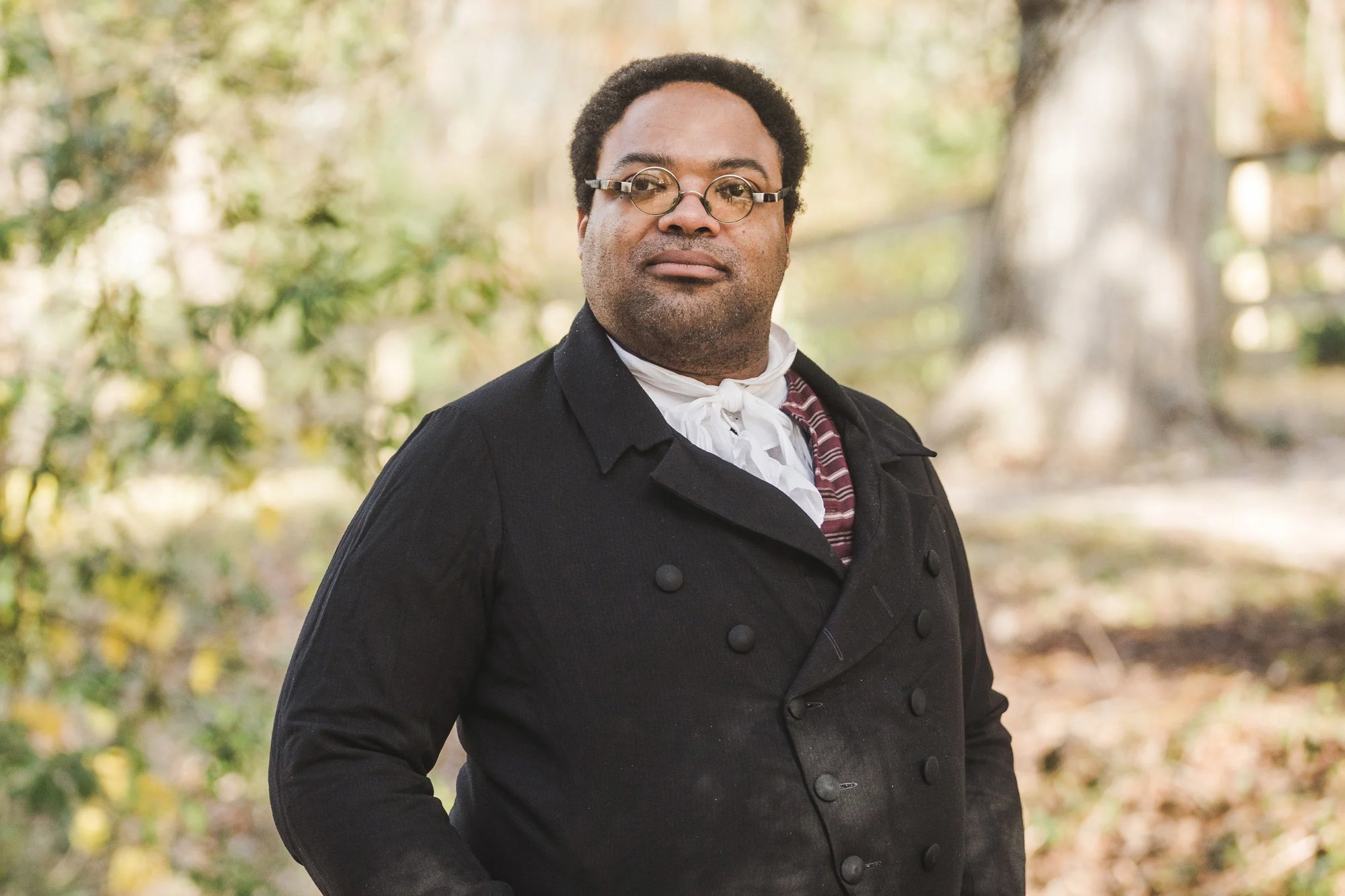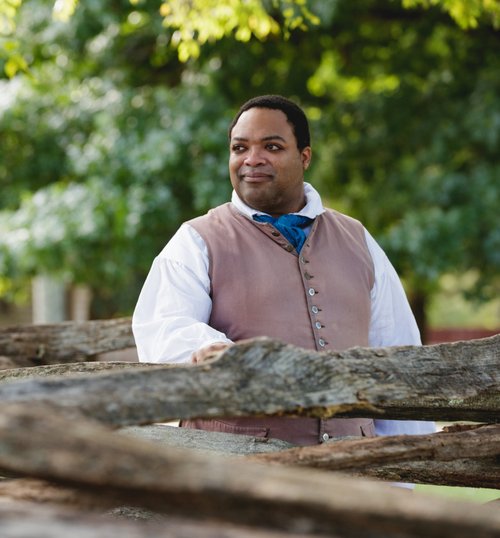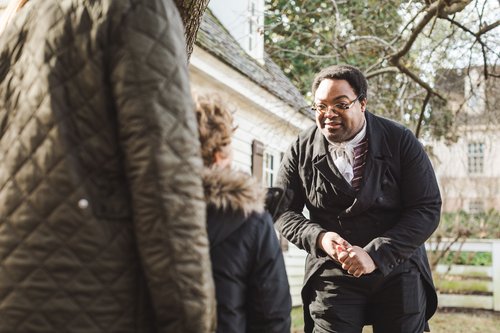
James Lafayette
James Lafayette, born an enslaved Virginian in New Kent County, won his freedom for his service as a double agent during the Revolution.
On This page
Born Enslaved

James Lafayette (ca. 1748–1830), also known as James Armistead Lafayette and James Fayette, was an enslaved Virginian born on a plantation in New Kent County.
During the war, James probably spent time in Williamsburg, where his enslaver, William Armistead, helped manage military supplies. In 1781, James was pressed into service under the Marquis de Lafayette, who led colonial forces against Lord Cornwallis’s army in Virginia.
Across Enemy Lines
James infiltrated the British army as a servant for Cornwallis. He reported to the Marquis de Lafayette that Cornwallis moved British forces from Portsmouth to Yorktown, valuable intelligence that helped pave the way for the siege of Yorktown that effectively ended the war. He also supplied Cornwallis with false information provided by Lafayette as misdirection.
Meet The Marquis de Lafayette
Lafayette’s leadership helped turn the tide toward American victory. Besides his battlefield prowess, he was instrumental in persuading France to join the American cause.

Rewarded for his Service

In 1787, the Virginia Assembly granted James freedom for his courageous contribution, while his enslaver, William Armistead, was compensated £250. James took the name of the Marquis de Lafayette as his own surname. Since people at the time often treated “Lafayette” as two words (as in “the Marquis de la Fayette”), James signed his name as “James Fayette.” Other contemporary documents refer to him as “James Lafayette.” There is no evidence that he ever went by the name “James Armistead Lafayette.”
Later Life
Lafayette established a farm in New Kent, only miles away from where he had been enslaved for most of his life. Tax records indicate that he likely owned several enslaved people. Other records from New Kent County have not survived to indicate whom he enslaved, but this evidence would be consistent with Lafayette legally purchasing family members. Virginia’s laws restricted emancipation in several ways, requiring anyone freeing an enslaved person to provide financial support for enslaved people older than 45 years old, or males under 21 and females under 18. Unable to satisfy this legal requirement, some free people of color resorted to purchasing relatives and holding them in legal bondage to protect them from sale and keep families together.
In 1824, he enjoyed a reunion with the Marquis de Lafayette in Yorktown when the Frenchman returned for a lengthy tour of the United States. James Lafayette died in Baltimore in 1830.
